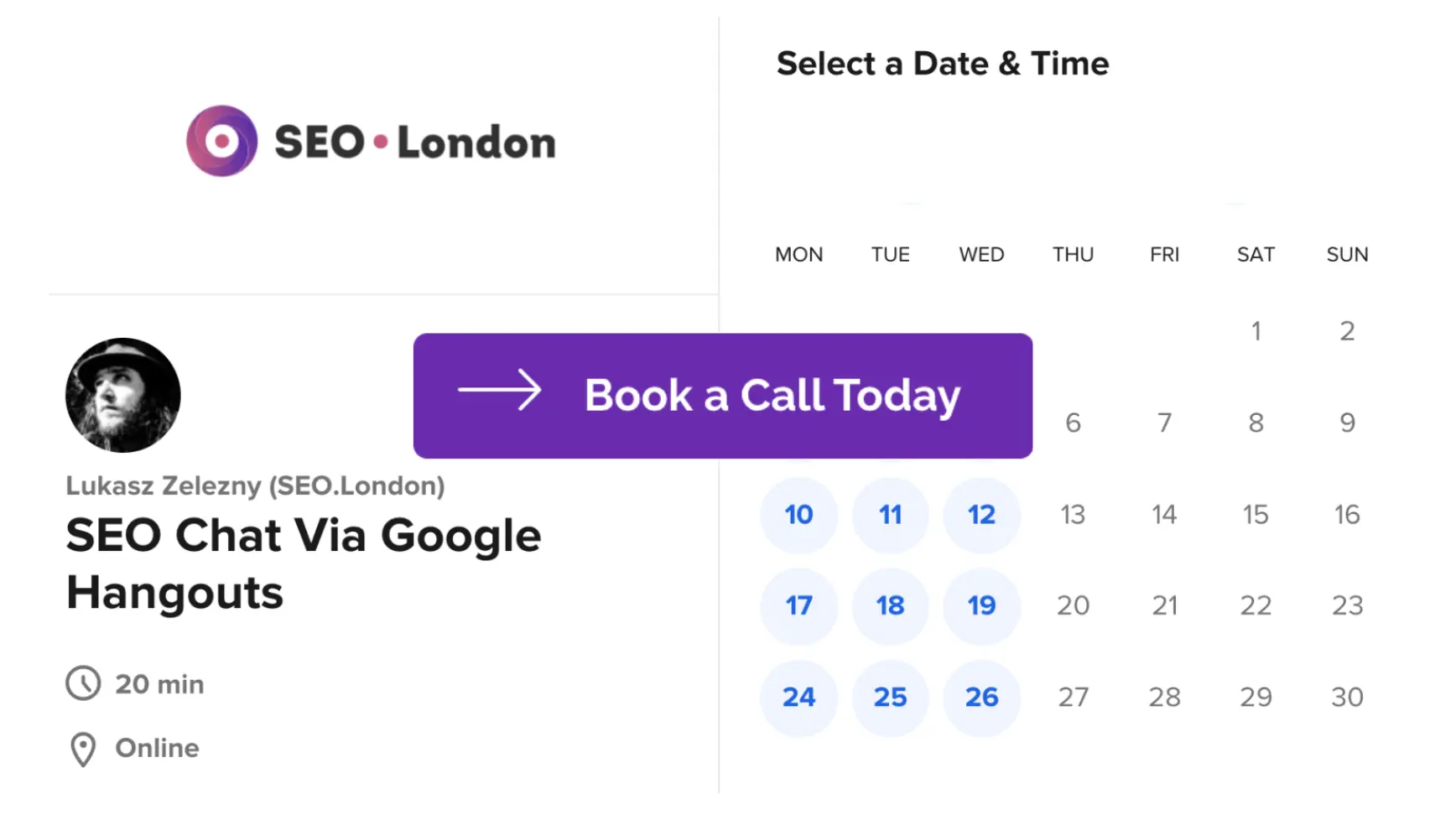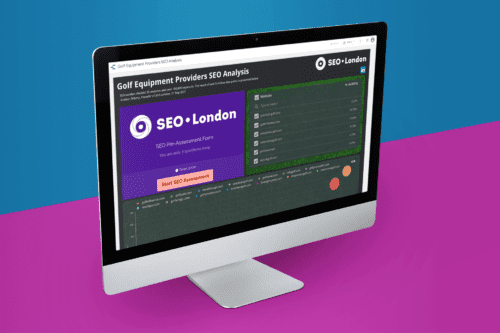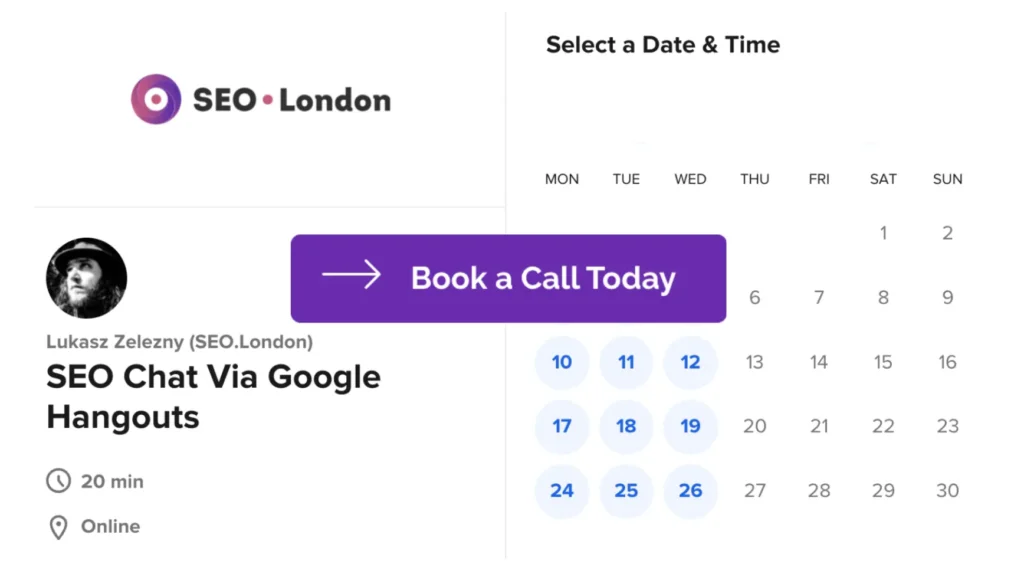What is Link Types
What are Link Types in SEO?
In the realm of Search Engine Optimization (SEO), link types refer to the various categories or classifications of links that exist on the internet. These links play a crucial role in determining a website\’s visibility, authority, and overall ranking in search engine results pages (SERPs). Understanding the different link types is essential for SEO practitioners as it helps them develop effective strategies to improve a website\’s online presence.
1. Internal Links
Internal links are those that connect one page of a website to another page within the same domain. These links are essential for establishing website architecture, improving user navigation, and distributing link equity throughout the site. Proper internal linking helps search engine crawlers understand the structure and hierarchy of a website, ensuring that all pages are indexed and easily accessible.
2. External Links
External links, also known as outbound links, are hyperlinks that direct users from one website to another. These links point to different domains or websites outside of the one where the link originates. External links serve several purposes in SEO. Firstly, they provide users with additional information, enhancing the credibility and authority of the source website. Secondly, search engines like Google consider external links as votes of confidence, indicating that the linked-to webpage is valuable and relevant. Therefore, obtaining high-quality external links from authoritative websites can positively influence a site\’s SEO performance.
Increase your online presence with Lukasz Zelezny, an SEO Consultant with over 20 years experience — schedule a meeting now.

3. Nofollow Links
Nofollow links are hyperlinks that contain a rel=\”nofollow\” attribute within their HTML code. This attribute instructs search engine bots not to follow or pass any authority or ranking value to the linked webpage. These links were introduced to combat spam, prevent paid link schemes, and discourage link manipulation. Nofollow links are commonly used when linking to untrusted or user-generated content, comments sections, and sponsored content. While nofollow links do not directly contribute to a website\’s SEO, they still have value for directing traffic and maintaining a natural link profile.
4. Dofollow Links
Dofollow links, in contrast to nofollow links, are standard hyperlinks that allow search engines to follow and pass authority to the linked webpage. By default, all links on the internet are dofollow unless explicitly marked as nofollow. Dofollow links are the primary currency of SEO and can significantly impact a website\’s search engine rankings. Earning high-quality dofollow links from reputable and relevant sources is an essential aspect of any successful SEO campaign.
5. Backlinks
Backlinks, also known as inbound links, are external links that direct users from one website to another. However, what distinguishes backlinks from regular external links is that they specifically point to a website rather than an individual webpage within that site. Backlinks are crucial for SEO as search engines consider them as votes of confidence and indicators of a website\’s authority and relevance. The number and quality of backlinks a website earns have a significant impact on its organic search visibility and ranking positions.
6. Natural Links
Natural links, as the name suggests, are links that are acquired organically without any deliberate effort from the website owner. These links are typically earned because the content is compelling, valuable, or unique, making other websites naturally want to reference or share it. Natural links are highly sought after in SEO as they are seen as the most genuine and influential form of endorsement. Search engines interpret natural links as a strong signal of a website\’s authority, resulting in improved rankings and visibility.
7. Anchor Text
Anchor text refers to the clickable text within a hyperlink that provides context and information about the linked webpage\’s content. Search engines use anchor text as a significant ranking factor to understand the relevance and topic of the linked page. Well-optimized anchor text can help improve a webpage\’s visibility for specific keywords or phrases. However, it is crucial to maintain a natural balance and diversity in anchor text usage to avoid over-optimization penalties.
In conclusion, understanding the various link types is fundamental for effective SEO strategies. Internal and external links, nofollow and dofollow links, backlinks, natural links, and anchor text all play crucial roles in shaping a website\’s online presence, authority, and visibility in search engine rankings. By utilizing these link types strategically and ethically, SEO practitioners can enhance a website\’s performance and attract targeted organic traffic.



